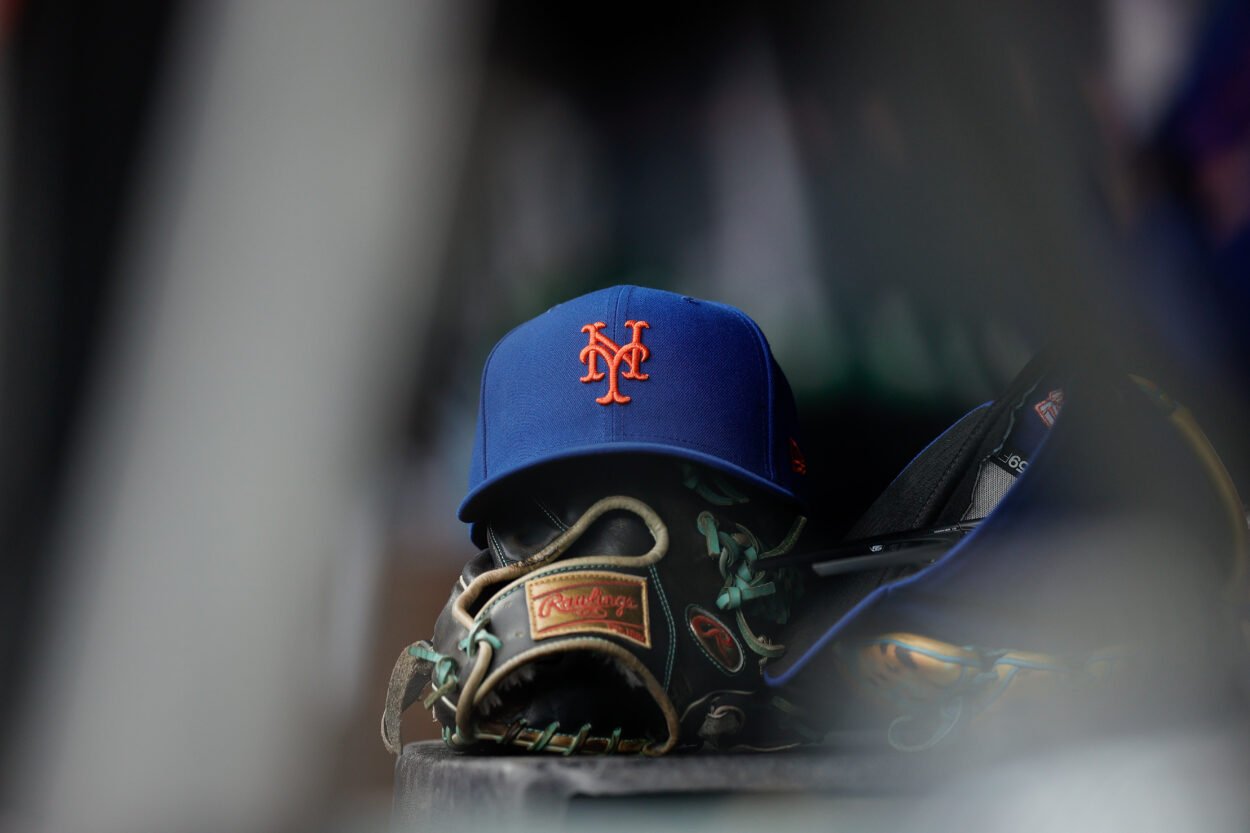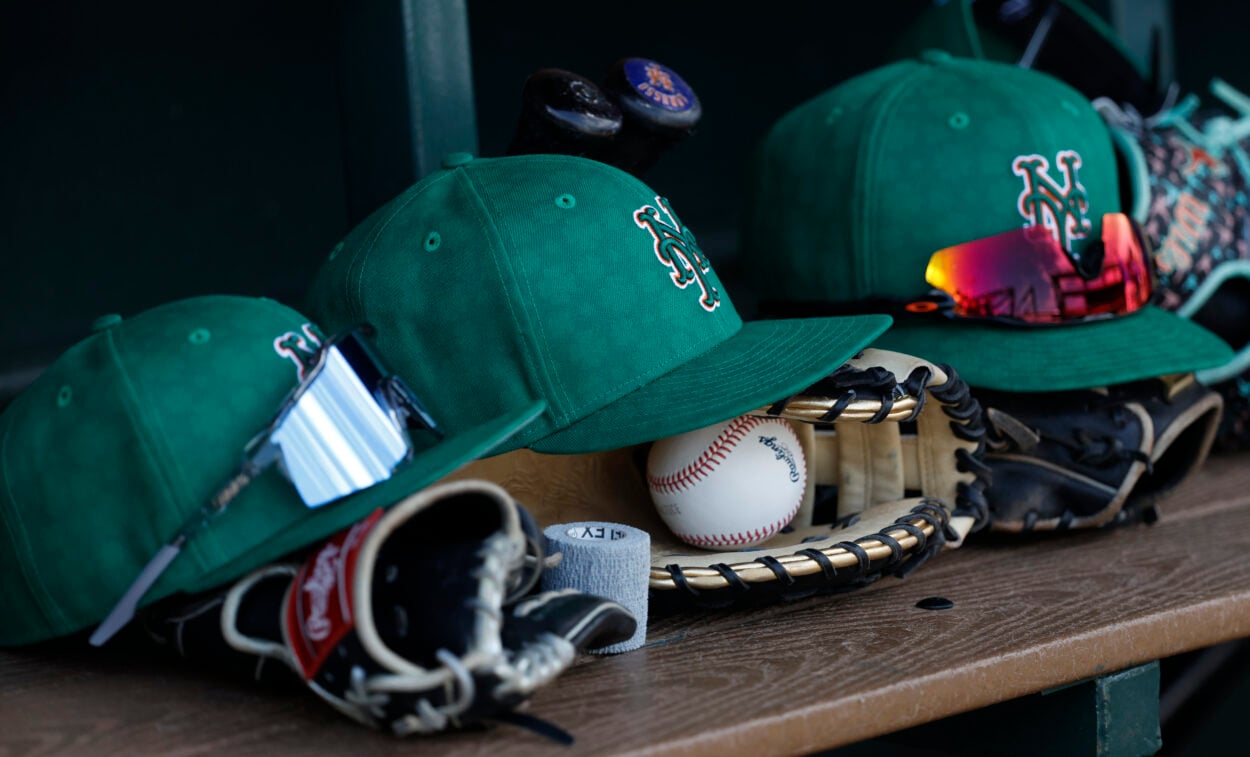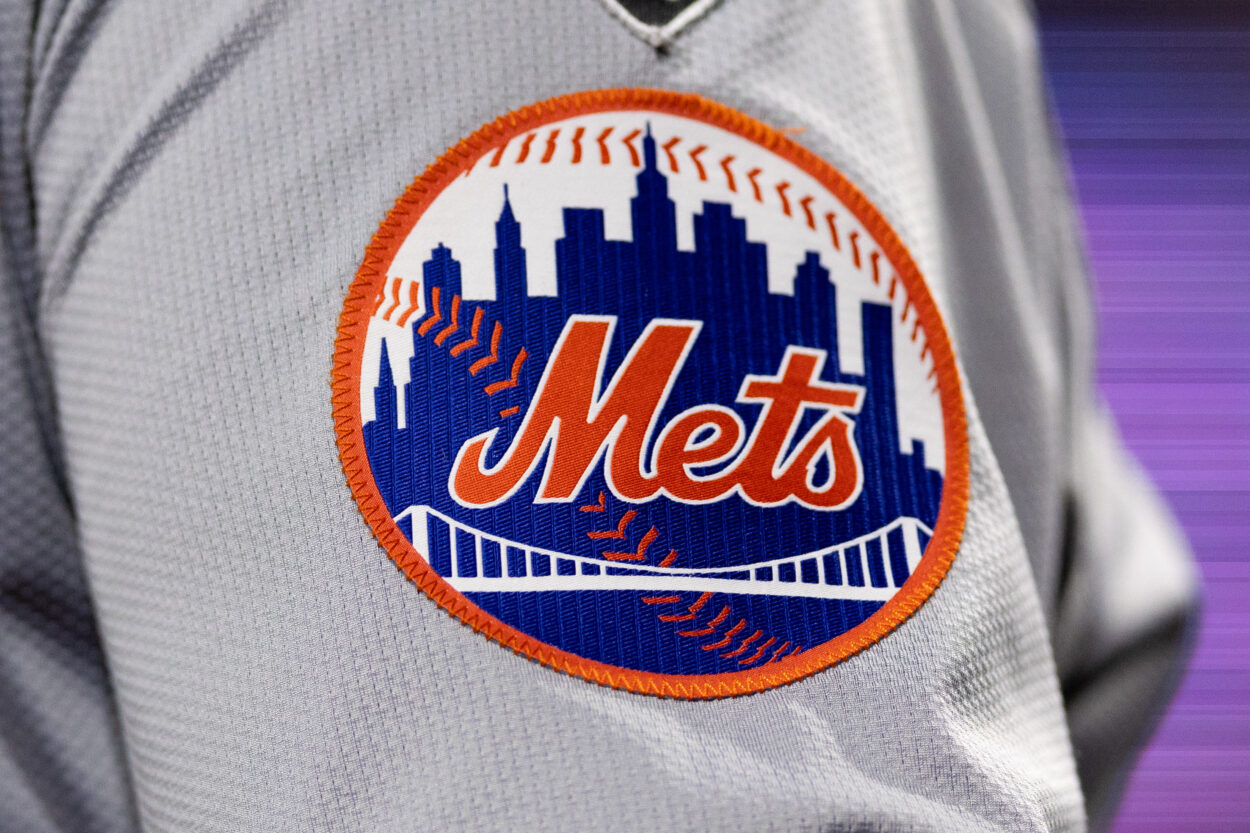
For the first time in half a decade, the New York Mets are preparing to hand the keys to their pitching staff to someone new. After parting ways with longtime coach Jeremy Hefner and much of their staff, the Mets are reportedly zeroing in on a replacement — Boston Red Sox director of pitching Justin Willard.
A Changing of the Guard
Jeremy Hefner’s tenure as Mets pitching coach from 2020 through 2025 wasn’t a failure. In fact, far from it. Many of New York’s young arms blossomed under his guidance, from David Peterson to Tylor Megill, and the group often outperformed expectations even amid injuries and inconsistency. But in the end, owner Steve Cohen and president of baseball operations David Stearns decided the organization needed a clean break.
Their goal? A modernized pitching operation led by someone with fresh ideas, data-driven principles, and a proven record of development. Willard, at just 35 years old, checks all those boxes.

Willard’s Rise in Boston
According to The Athletic, Willard has emerged as the favorite for the Mets’ vacancy, and it’s not hard to see why. Hired by the Red Sox as director of pitching in 2024, Willard quickly gained a reputation for blending analytics with practical coaching instincts. Under his watch, Boston’s staff surged to fifth in the majors in team ERA in 2025.
Veterans such as Aroldis Chapman, Brayan Bello, and Lucas Giolito all saw noticeable improvements, giving weight to the idea that Willard’s philosophy connects across age and experience. His message, shared during an interview with Red Sox insider Ian Browne last year, was refreshingly straightforward: “Throw nasty stuff in the zone.”
That quote, simple as it sounds, gets at the core of Willard’s approach — balance. He emphasizes both stuff and command, a modern duality that separates successful organizations from those still clinging to old-school binaries.
The Mets’ Pitching Future
For the Mets, who boast a rotation filled with potential but lacking consistent execution, this hire could be pivotal. They have some arms that have flashed promise but need refinement to sustain success. Meanwhile, top prospects hover on the edge of MLB readiness, waiting for the right development structure to bring them fully to life.

Willard represents the kind of voice that could bridge that gap. He’s young enough to relate to players but experienced enough to command a room. If his Boston results are any indication, his methods could translate quickly to Queens.
A New Chapter Ahead
It’s not that Hefner failed — the Mets simply want more. They want to join the league’s most innovative pitching operations, the kind that turn good arms into great ones. Bringing in someone like Willard signals an intent to evolve, not just tinker.
Change always brings risk, especially in a city where patience is in short supply. But if the Mets truly believe their next championship core will be built on homegrown pitching, then this move feels like a calculated, forward-thinking step.
Now, the only question left is whether Willard — if the hire becomes official — can turn potential into production fast enough to match the Mets’ ambitions.
